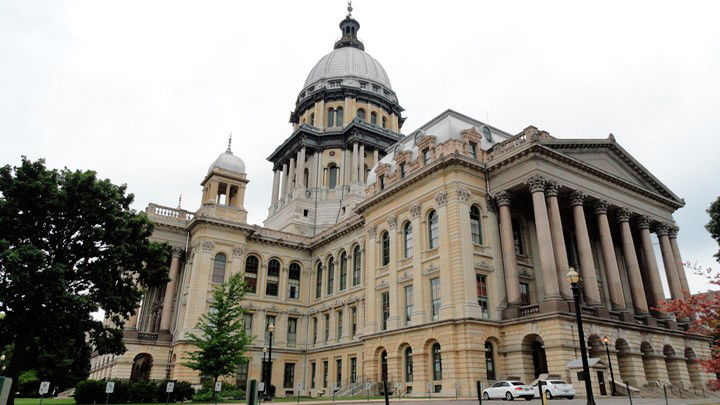Industry expresses dismay as Dutch legislators push for higher online gaming tax

According to the original bill, online operators would have been taxed at 20% of GGR in order to encourage Dutch punters to seek out licensed operators instead of more cost-competitive, unlicensed alternatives.
If, however, the regulation of the online gaming market sufficiently boosts tax revenues, the tax rate for both online and land-based operators could potentially, after three years, be lowered to 25% of GGR.
The amendments of Van Wijngaarden and Vos come as a big surprise, as the government, through State Secretary Klaas Dijkhoff, until quite recently vigorously defended the lower rate for online operators.
In a Q&A with Gaming in Holland, Representative Jeroen van Wijngaarden (VVD) cited “a lack of political support in Parliament” as a reason to abandon differentiated tax rates for land-based and online gaming. “It’s one market, so we want one tax rate. Let’s not make taxes any more complicated than they already are,” Van Wijngaarden added.
Representative Vos (PvdA) also commented on the proposed amendments on her personal Facebook page, stating that she felt the idea of differentiated tax rates to be “rather ridiculous” from the start.
Rutger-Jan Hebben of Speel Verantwoord, the trade organization of online operators looking to enter a regulated Dutch market, warned that the amendments would result in “a less attractive product offering for Dutch players:”
“Game variety and payout rates outside of the Netherlands will end up being more attractive. A significant portion of the one million people in the Netherlands who are already playing online will thus keep opting for unlicensed, non-tax paying operators.
Moreover, if there must be a uniform tax rate, it should apply to all equally – including land-based lotteries which are currently paying, as the Netherlands Gaming Authority recently concluded [pp. 47-9], an effective tax rate that is far lower.”
Although the higher tax rate for online operators is likely to have a number of adverse consequences for the Dutch online market, it is now all but certain that the amended bill will pass the Lower House. “Sooner rather than later,” expects Van Wijngaarden.

















































